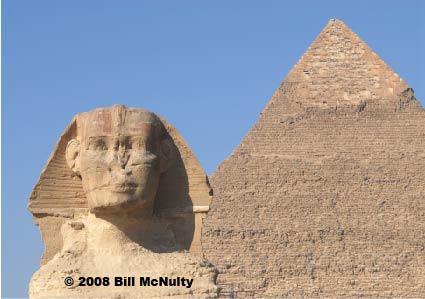
Tefnut's Environmental and Drought News Article

East African livestock herders are using mobile phones to send early warnings of drought, part of a new effort to avert disasters like the one two years ago that required a massive EU humanitarian response.
Pastoralists in remote regions of northern Kenya and southern Ethiopia are collecting data on wells and water reserves and sending it by text message to regional databases, doing in minutes what it took days or weeks to do before by letters.
"Having this information the same day means [relief organisations] are working with very up-to-date information," said Alun McDonald, a Nairobi-based spokesman for the charity group Oxfam, which launched the drought-alert system as pilot project last year and now wants to expand it.
So far, Oxfam is using private funding and phones provided by Finnish telephone manufacturer Nokia. The charity now wants to expand to other parts of East Africa prone to devastating climate events. Oxfam hopes to expand the drought warning system to other parts of Ethiopia and Kenya, which are prone to cyclical food crises, and other vulnerable areas of East Africa.
Timing can be critical in remote regions where communication and transport infrastructure are poor. The initial slow response to the 2011 drought was blamed in part on spotty data collection from across a vast swathe of the Horn of Africa. Since then, mobile network coverage has improved, clearing the way for efforts like Oxfam's early-alert project.
East Africa saw one of its worst droughts in more than 50 years in 2011, causing a humanitarian and refugee crisis as crops and livestock withered. At the height of the crisis, 13 million people needed food and water aid in Djibouti, Ethiopia, Kenya and Somalia. By mid-2011, the European Commission and EU states pledged €706 million.
The crisis also prompted the European Parliament, in a September 2011 resolution, to urge the EU to do more through its development aid to buttress the region against droughts and other climate shocks.
Source: http://brussels.cta.int
© 2010-2026 Bill McNulty All Rights Reserved